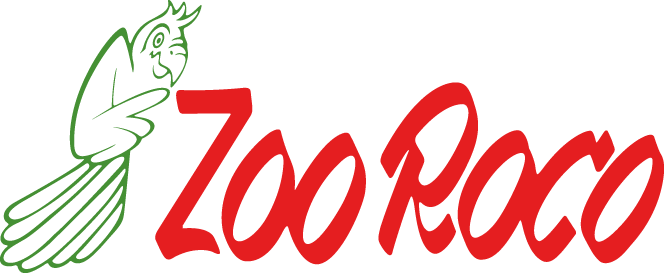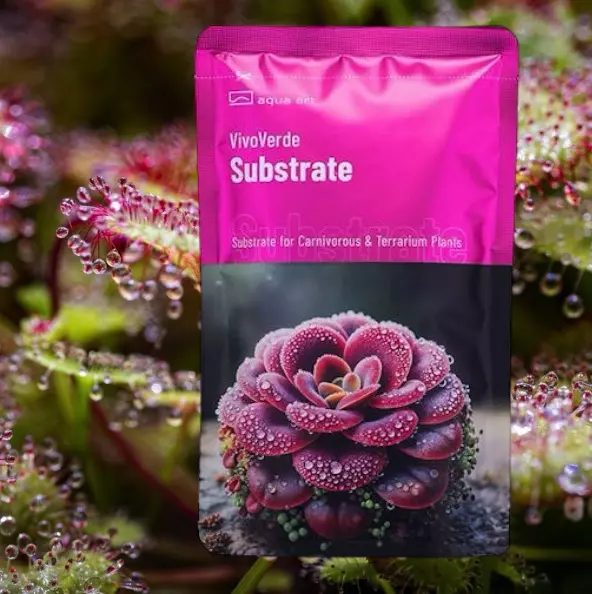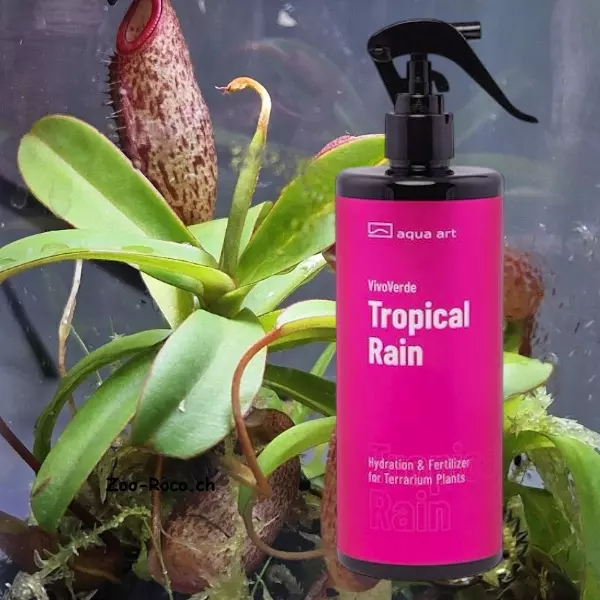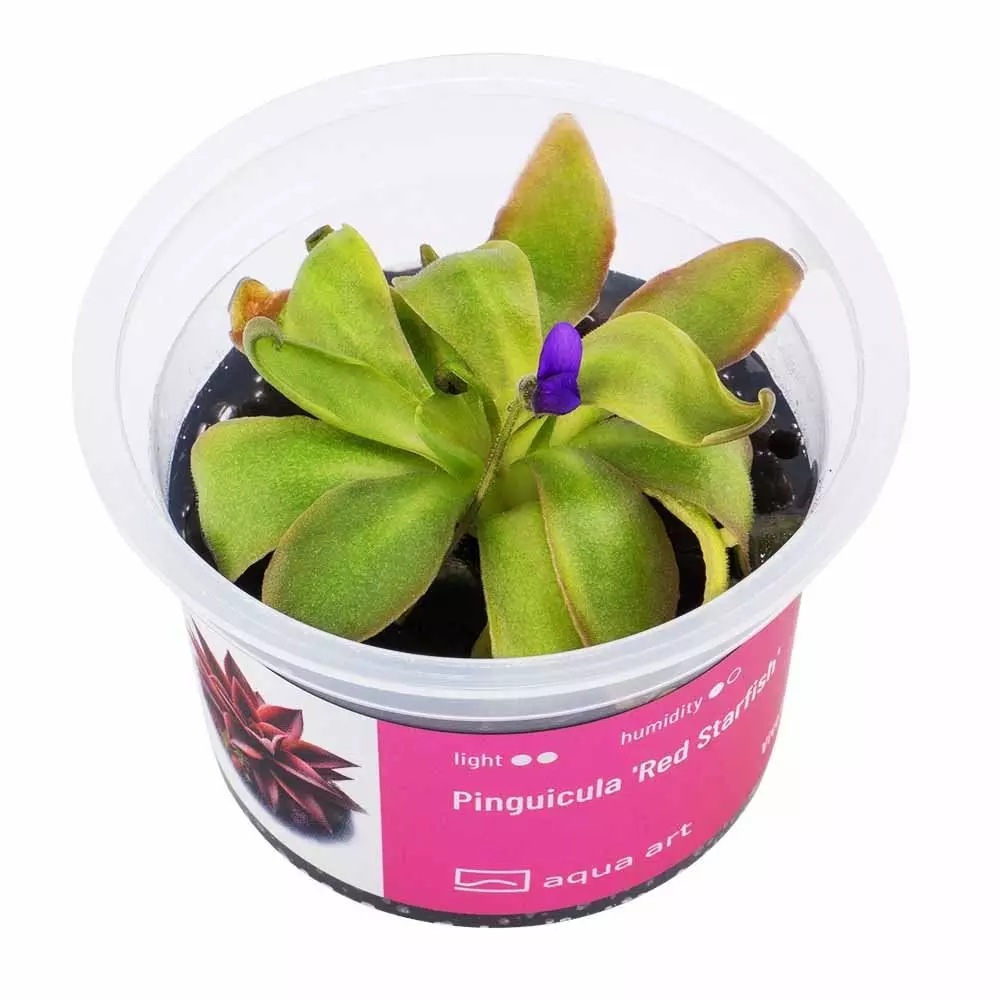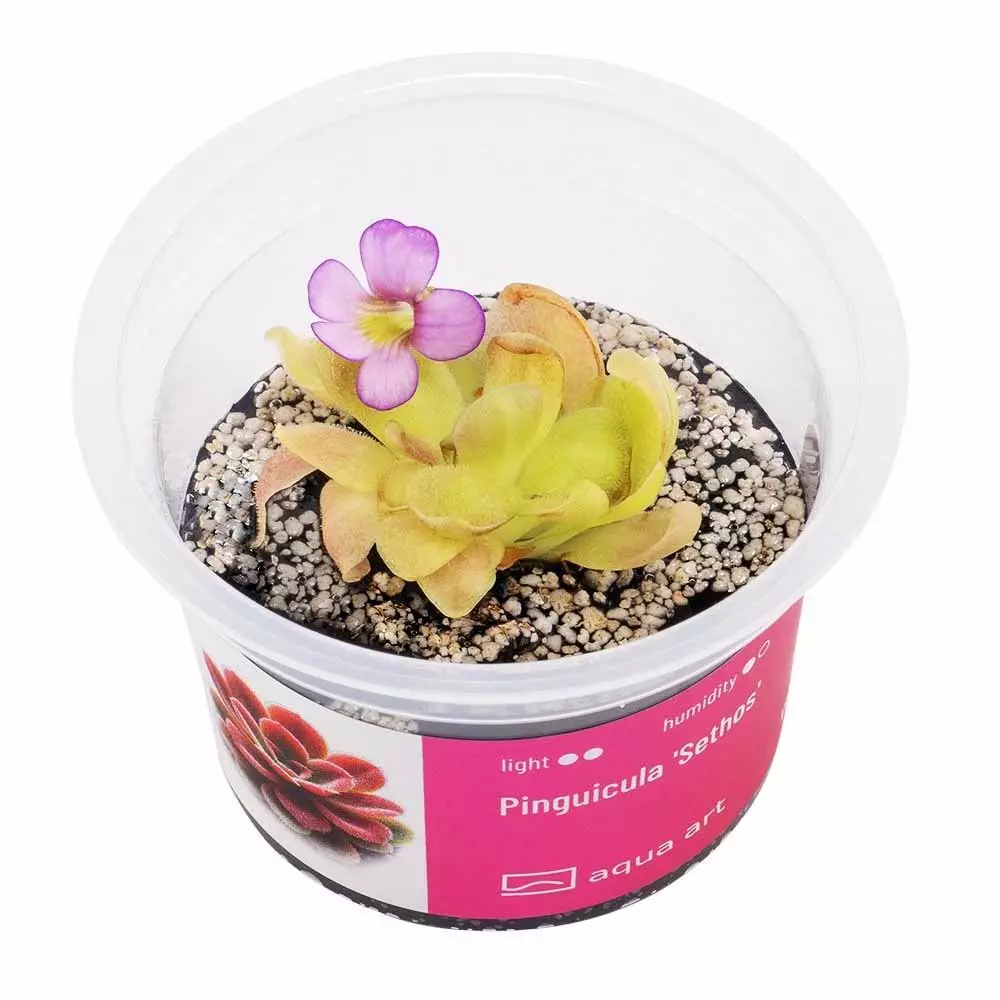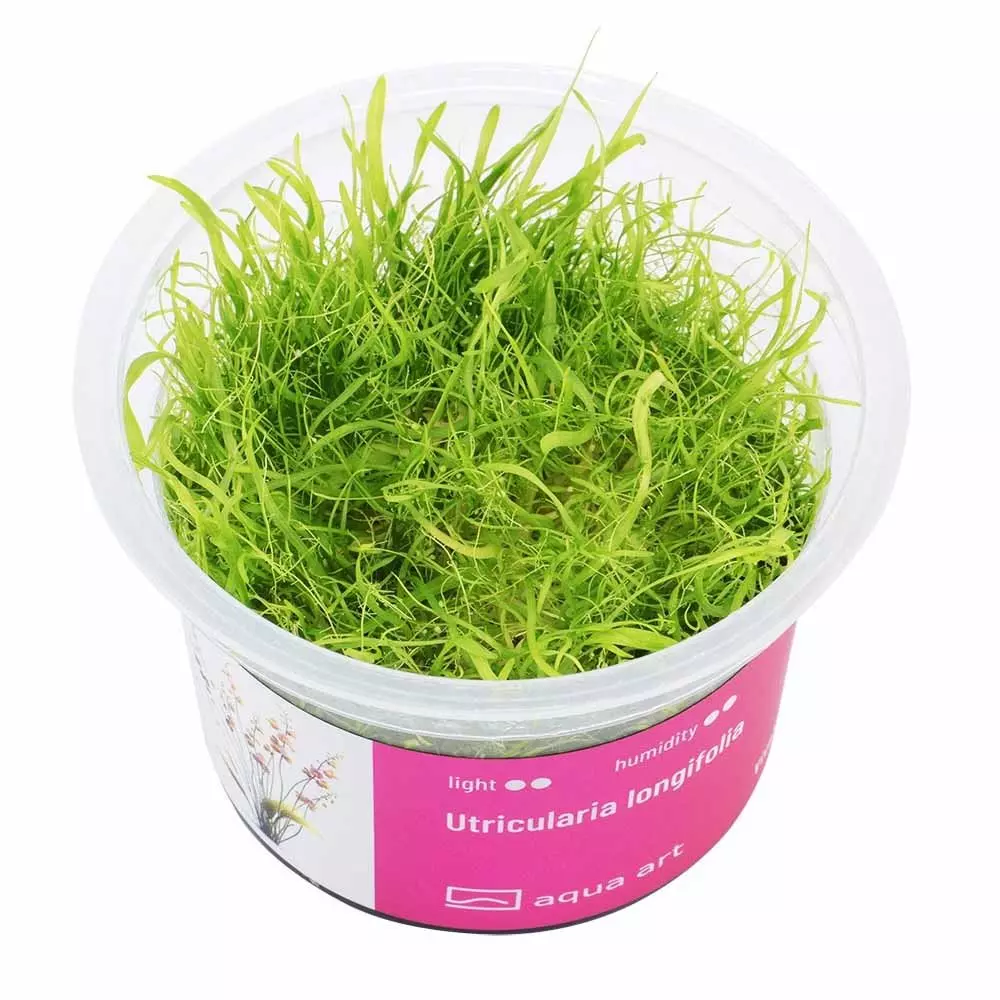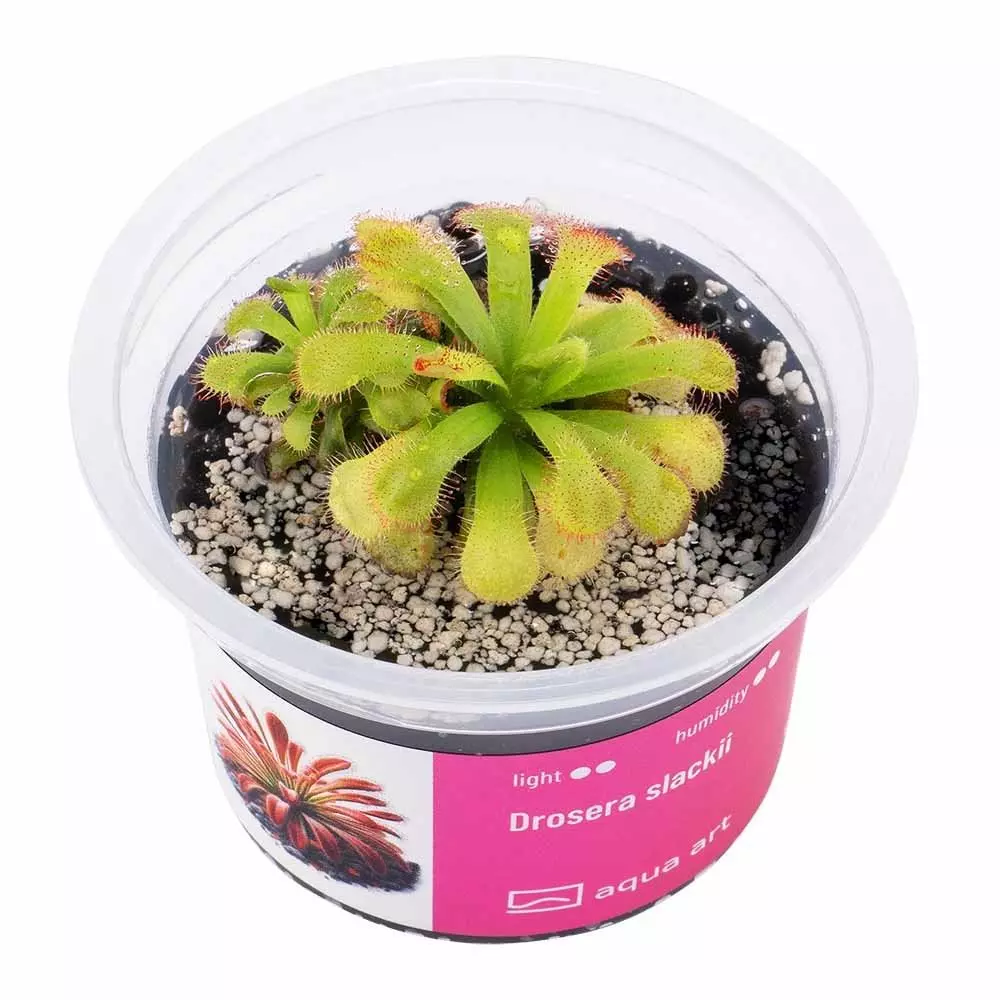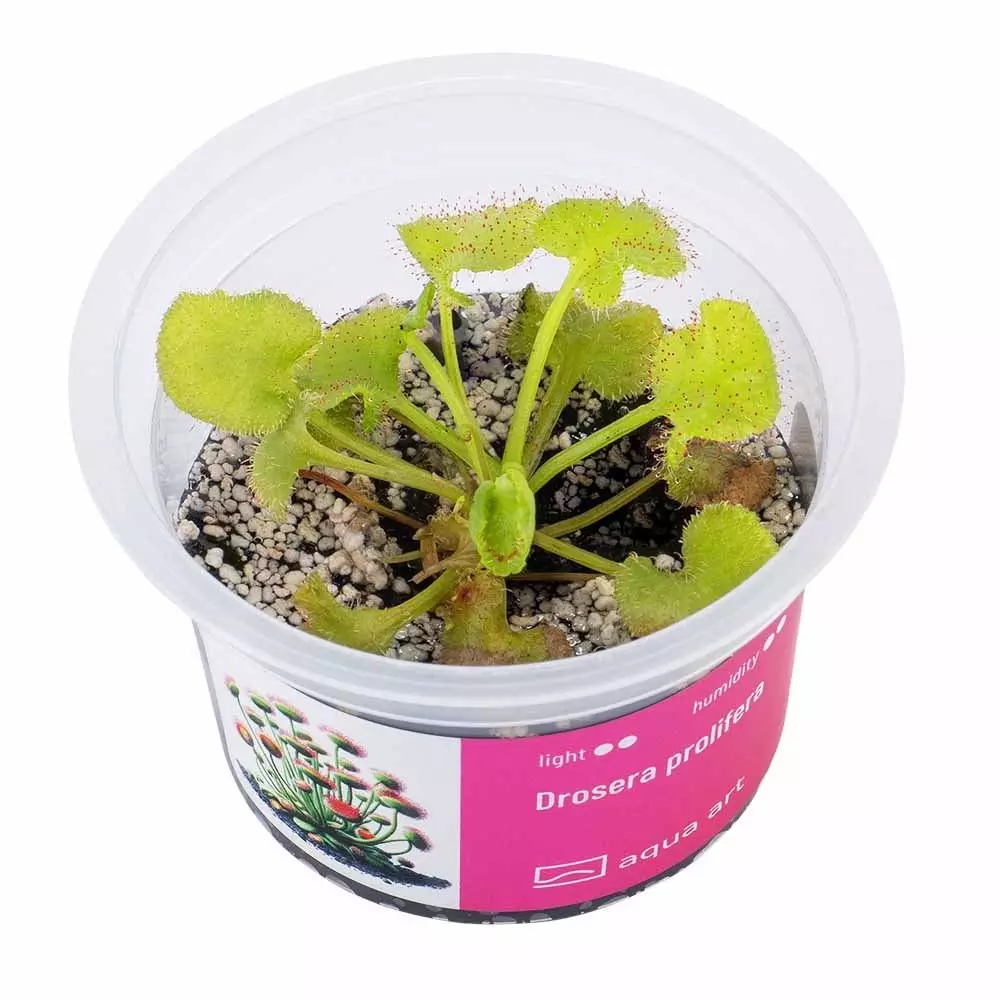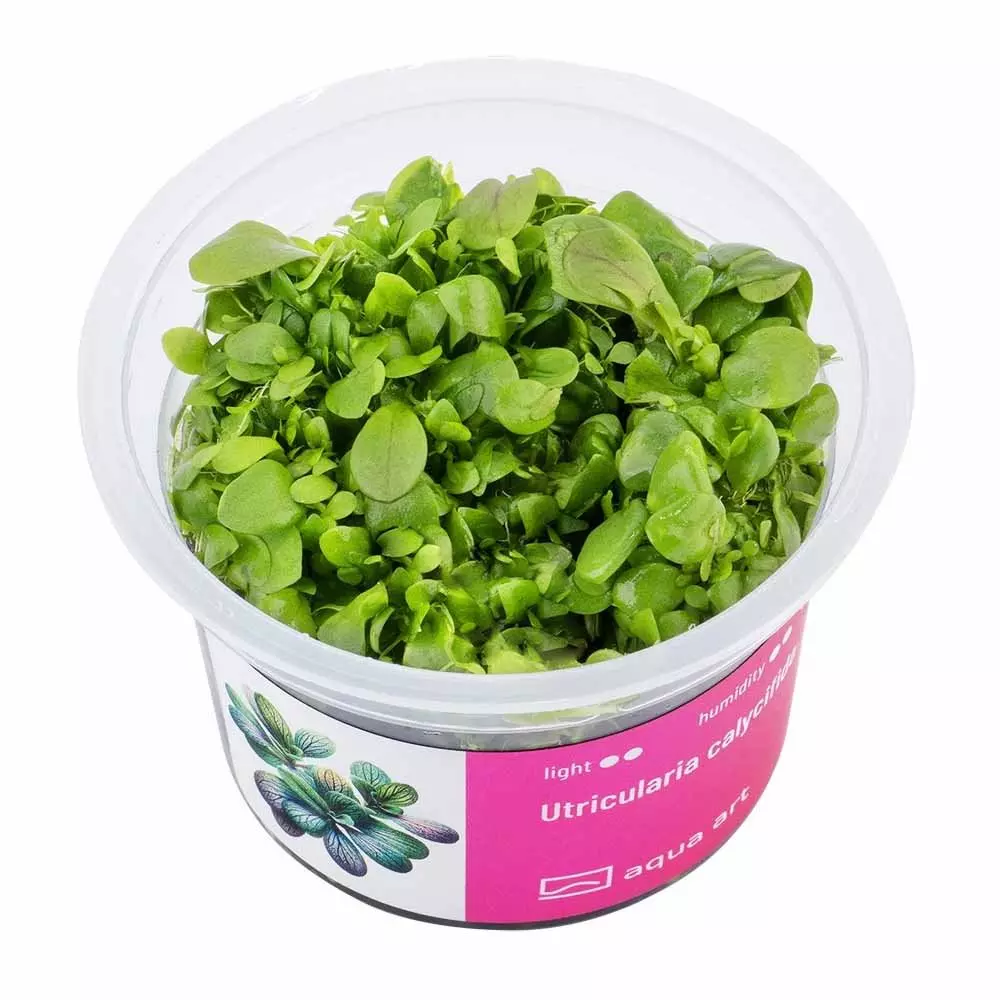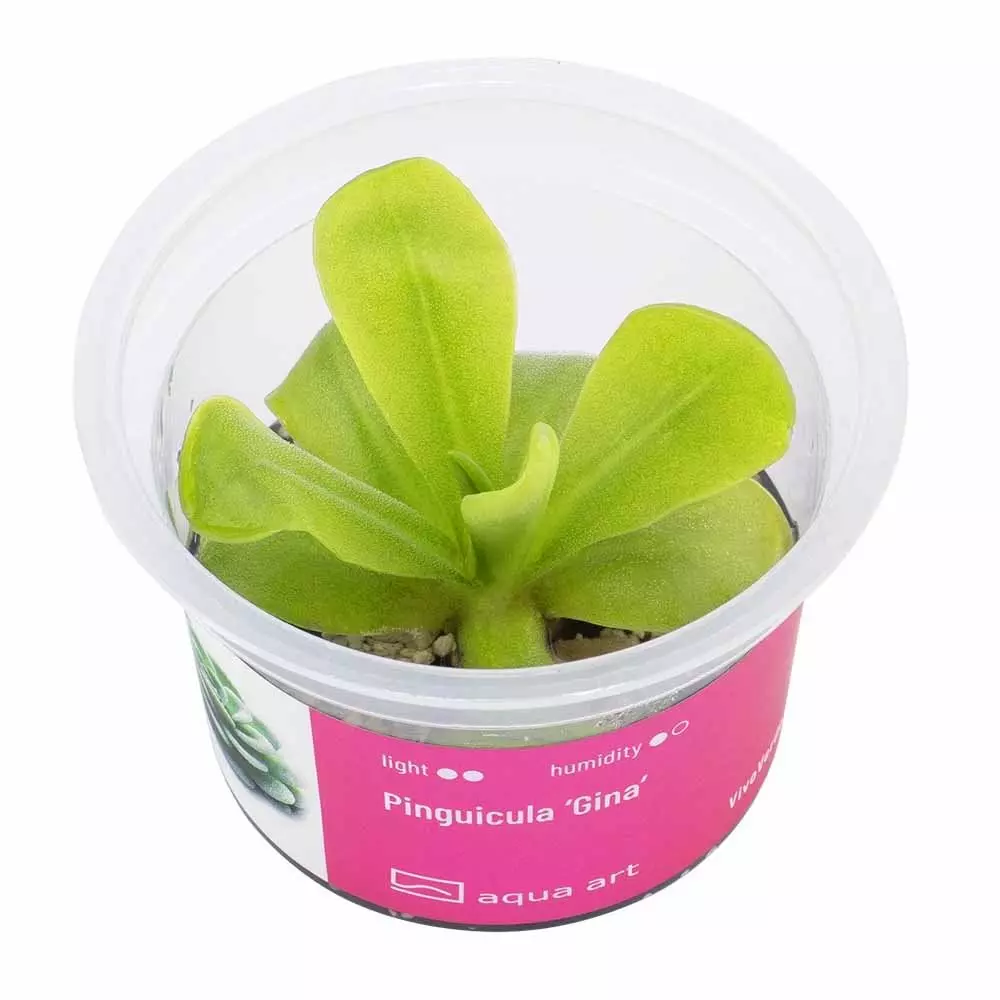Manufacturer Navigation
Manufacturer A-Z
-
(20)
Acana
-
(58)
AFP
-
(2)
Agrobiothers
-
(5)
Agrobs
-
(3)
Akvastabil
-
(3)
Alcott
-
(1)
alfauna AG
-
(11)
Almo Nature
-
(30)
Amazonas
-
(2)
Amigard
-
(5)
amiplay
-
(15)
Amtra
-
(12)
Amtra nature
-
(6)
Anibio
-
(2)
anicalm
-
(5)
Animals
-
(23)
Animonda
-
(5)
Antinea Groupe
-
(7)
Applaws
-
(13)
AQ4Aquaristik
-
(63)
aqua art
-
(17)
Aqua Coolkeeper
-
(6)
Aqua Della
-
(14)
Aqua Rebell
-
(22)
Aqua-Art VivoVerde
-
(8)
aquadecor
-
(16)
Aquael
-
(1)
AquaForte
-
(1)
Aquakultur
-
(5)
Aquarium Systems
-
(3)
Aquavie
-
(18)
Arcadia
-
(5)
Arka
-
(9)
Arndt-Verlag
-
(17)
Aumüller
-
(16)
Avifood
-
(138)
Avonside Publishing Ltd
-
(1)
Azoona
-
(53)
Back Zoo Nature
-
(1)
bama-pet
-
(15)
Beaphar
-
(5)
Bede
-
(32)
Beeztees
-
(41)
Belcando
-
(2)
Benker's
-
(12)
BePure
-
(6)
Bewo
-
(41)
BigPet
-
(6)
Bio Pro Pet
-
(12)
BioArt
-
(1)
biobird
-
(1)
Biokat's
-
(17)
Bioloark
-
(4)
Bionic
-
(2)
Birrdeeez
-
(1)
Bjørnfjell
-
(3)
Blue Marine
-
(2)
Bobby
-
(23)
Bogar
-
(40)
Bozita
-
(7)
braaaf
-
(46)
Brit
-
(3)
Bubeck
-
(7)
Bubimex
-
(37)
Buchzentrum
-
(2)
Bunny all Nature - Botanicals
-
(57)
Bunny Nature
-
(10)
Buster
-
(1)
Cadmos
-
(36)
Camon
-
(20)
CanadianCat Company
-
(11)
Canagan
-
(1)
CandyPet
-
(8)
Canina
-
(62)
Carnilove
-
(2)
Cat's Best
-
(18)
Catit
-
(2)
CatMate
-
(28)
Catz Finefood
-
(50)
CD Vet
-
(3)
cédé
-
(4)
Chewies
-
(9)
Chihiros
-
(6)
Chipsi
-
(4)
Chuckit
-
(1)
Claus
-
(3)
Clix
-
(9)
Colibri Design
-
(1)
Collagile GmbH
-
(30)
Colly
-
(6)
CompanyOfAnimals
-
(1)
Coockoo
-
(7)
Copacabana
-
(5)
Corwex
-
(6)
Cosmos
-
(3)
Country Dog
-
(62)
Croci
-
(5)
Curver
-
(5)
D&D
-
(22)
Dähne publishing house
-
(4)
Danish Design
-
(15)
Daytime
-
(1)
DDKC
-
(10)
defu
-
(1)
Dein Katzenbaum
-
(4)
Dejac
-
(1)
Dekor
-
(3)
Delphin Amazonia
-
(129)
Dennerle
-
(49)
Dennerle - Zubehör
-
(5)
Designed By Lotte
-
(8)
District 70
-
(367)
Diverse
-
(4)
diverses
-
(2)
Dobar
-
(3)
Doctor Bark
-
(7)
Dog Comets
-
(3)
Dogcessories
-
(17)
Dogger
-
(4)
Doggyroller
-
(2)
Doggytools
-
(1)
Dogman
-
(15)
Dogsmart
-
(6)
Dogz Finefood
-
(8)
Dohse Aquaristik
-
(1)
DOOG
-
(3)
Dorswal
-
(7)
Doxtasy
-
(43)
Dr Clauders
-
(3)
Drinkwell
-
(3)
Drybed
-
(4)
Dupla
-
(34)
Duvo+
-
(5)
Habistat
-
(13)
Hagen
-
(1)
Hanna-Instruments
-
(6)
Hansepet
-
(1)
HanuPet
-
(1)
Happy Horse
-
(15)
Happy House
-
(4)
Haupt
-
(2)
Herm.Sprenger HS germany
-
(4)
Hikari
-
(53)
Hill's Science Plan
-
(20)
HMF
-
(38)
Hobby
-
(2)
Hobby Reptilien
-
(101)
Holland
-
(3)
HPP UK LIMITED
-
(2)
Hugglehounds
-
(4)
Hund & Herrchen
-
(39)
Hunter
-
(3)
Hurtta
-
(1)
Hydor
-
(3)
PAIKKA
-
(2)
Pamico
-
(1)
Paw Plunger
-
(1)
Pawise
-
(7)
Pawz
-
(1)
Penn-Plax
-
(9)
Perrito
-
(2)
PETEGO
-
(1)
PetFood
-
(2)
Petgard
-
(5)
Petifool
-
(31)
Petjoy
-
(1)
Petking
-
(3)
Petlala
-
(2)
Petlando
-
(39)
petrebels
-
(6)
PetSafe
-
(5)
PetSnack
-
(5)
PetSport
-
(1)
Petstage
-
(1)
Pettarazzi
-
(8)
pezz
-
(8)
Pioneer Pet
-
(2)
Pipolino
-
(5)
PlanetDog
-
(4)
PoopyGo
-
(1)
port
-
(6)
Primum Pet
-
(20)
Procyon
-
(1)
ProDen
-
(1)
Puller
-
(1)
Sabro
-
(2)
Sameda
-
(7)
Sanal
-
(1)
Sanilu Clean
-
(4)
Santaniello
-
(1)
Savannapet
-
(13)
Savic
-
(2)
Schesir
-
(17)
Schulze
-
(104)
Schweizer
-
(6)
Scruffs
-
(1)
Seneye
-
(103)
Sera
-
(4)
Simons Cat
-
(3)
Skinneeez
-
(2)
Skyline
-
(1)
Smart Leash
-
(9)
Snack Selection
-
(7)
Söchting
-
(1)
Söll
-
(19)
Songrow
-
(9)
Sparrow
-
(3)
Starmark
-
(13)
Staywell
-
(1)
Steffen
-
(4)
Streambiz
-
(110)
SuperFish
-
(5)
Suprabeam
-
(16)
Sure Flap
-
(1)
Sure Petcare
-
(2)
Swisslein
-
(167)
Swisspet
-
(51)
Swisspet-Living
-
(6)
Tall Tails
-
(5)
TarHong
-
(6)
Terra Canis
-
(1)
Terra Della
-
(1)
Terra Exotica
-
(130)
Tetra
-
(12)
Tetra Pond
-
(1)
The Aquarium Solution
-
(23)
The only fresh company
-
(14)
The Pet Factory
-
(2)
THULE SWEDEN
-
(9)
Tierbude Nalbach GmbH
-
(1)
TigerCat
-
(13)
Top-Matic
-
(3)
TOP's Parrot Food
-
(1)
Torgas
-
(2)
tractive
-
(45)
Trainer
-
(3)
TrendLine
-
(6)
Trendpet
-
(805)
Trixie
-
(3)
Tropica
-
(36)
Tropical
-
(7)
TwoTracks
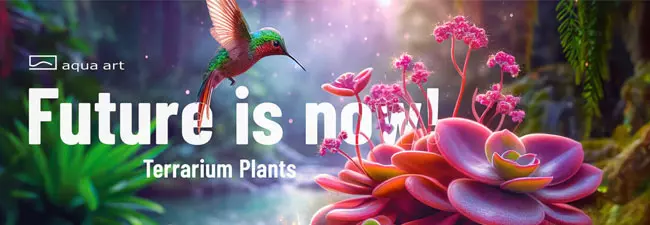
Fleischfressende Pflanzen in Bechern.
Die Kombination von fleischfressenden Pflanzen mit Reptilien in einem Terrarium kann eine ästhetisch ansprechende und ökologisch interessante Umgebung schaffen. Fleischfressende Pflanzen wie Drosera, Nepenthes, Pinguicula und Sarracenia sind nicht nur exotisch und schön, sondern sie tragen auch zu einem ausgewogenen Ökosystem bei, indem sie die Population kleiner Insekten kontrollieren.
